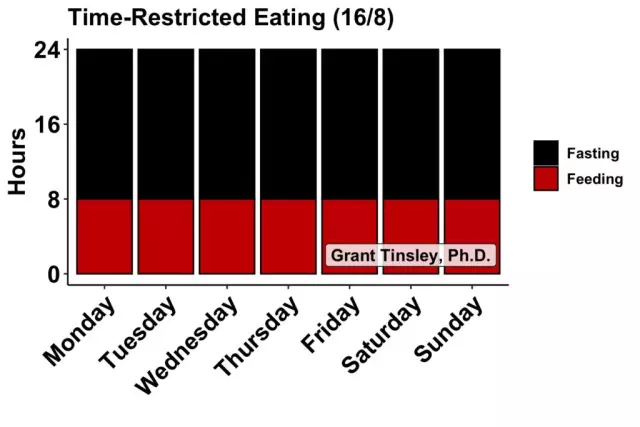- Author Rachel Wainwright wainwright@abchealthonline.com.
- Public 2023-12-15 07:39.
- Last modified 2025-11-02 20:14.
Pork
Pork is meat from domestic pigs - an unpretentious animal in care and nutrition. This is one of the most delicious, healthy, quick-to-cook and, importantly, easily digestible types of meat.

It is noteworthy that in Islam and Judaism the pig is considered an "unclean" animal, and its meat is prohibited for consumption.
Pork is divided into two main varieties: the first includes the dorsal (loin), scapular, lumbar and ham, the second - the shank, neck and shank. The first variety of pork is ideal for stewing, roasting and roasting in the oven, the second is intended for preparing broths for soups, cabbage soup, pickles and other first courses.
Calorie content of pork
The calorie content of pork per 100 grams of product is 263 kcal. Of these proteins - 83 kcal (16.88 g), fat 191 kcal (21.19 g). Pork contains no carbohydrates. Pork is rich in protein and promotes muscle development, increased breast milk production and is beneficial for nursing mothers and people who are involved in strenuous physical labor.
The benefits of pork
Due to its high fat content, pork recuperates well and warms the body. Pork fat is less harmful than beef fat: the amino acids, iron, zinc contained in meat reduce the risks of cardiovascular diseases. Pork vitamins B (B1, B2, B3, B6, B12), which are not accumulated in the body, help the development of human physical and mental health, so it is recommended to eat pork regularly. Nevertheless, you should not abuse meat dishes either: the recommended amount of pork, the benefits of which are not disputed by experts, is 200 grams / day.
Pork also contains arachidonic acid and selenium - substances that optimize the process of cell renewal, normalize the work of blood vessels and the heart, as well as muscles and bones. In addition, pork can be called a natural antidepressant: this meat helps a person to improve mood and overcome depression.
Pork harm
Speaking about the undesirable characteristics of the product, one can note the high calorie content of pork and products made from this meat - sausages, bacon, salami, ribs, brisket. It has been noted that pork contains high levels of fat and cholesterol, as well as growth hormones, which negatively affects human health.
Growth hormone causes inflammation, swelling and hypertrophy of tissues (obesity, acromegaly, tendency to neoplasms), increasing the risk of tumor cells, including malignant ones, in the body.
The increased content of histamine in pork contributes to the appearance of diseases of the gallbladder, furunculosis, thrombophlebitis, abscesses, leucorrhoea and skin diseases (dermatitis, urticaria, eczema, neurodermatitis).
Pork, consumed insufficiently fried, can cause helminthiasis, a disease characterized by infection of the human body with parasites. One of the most dangerous types of helminths lives in the intestines, and its eggs are distributed throughout the body through the circulatory system. Once in the heart, helminth eggs can cause a heart attack, in the brain - memory loss, in the eye - blindness.

How to cook pork
In order to minimize the harm of pork, the meat must be thoroughly heat treated at a temperature of at least 80 degrees.
When preparing broth, it is recommended to immerse the meat in cold water - this way most of the pork nutrients will be preserved.
If the meat needs to be cooked, the pork is dipped in boiling water, after which the carcass is cooked under the lid, with periodic removal of the foam from the surface of the broth. The average boiling time for pork is 1.5-2 hours.
YouTube video related to the article:
Found a mistake in the text? Select it and press Ctrl + Enter.






